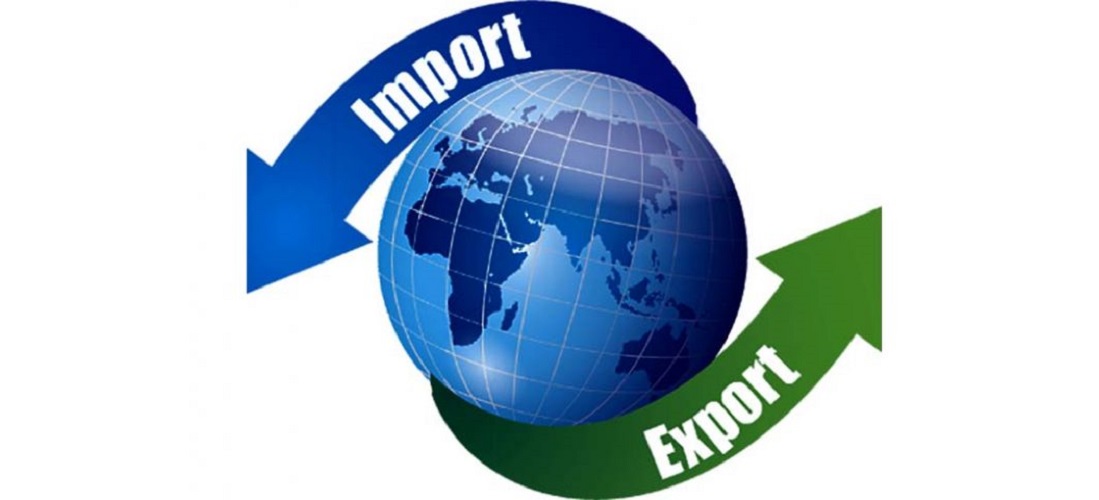
More countries resort to protectionist measures over Brazilian exports
Dec, 05, 2022 Posted by Gabriel MalheirosWeek 202249
Brazilian exports have grown more vulnerable to protectionist measures in destination countries. Out of the 87 such measures currently in force, 58 were implemented between 2020 and November 30, 2022. The number is slightly more than double that of the 27 measures implemented from 2017 to 2019. These data refer to review and extension procedures, including antidumping duties, safeguards, and subsidy compensation, proving that trade defense mechanisms are being used more aggressively and diversely worldwide. A total of 22 countries or blocs maintain trade defense measures against Brazilian shipments.
The US is behind most of these: 17 protectionist measures over Brazilian exports. In the second place, Argentina has 12 of those, followed by Indonesia, with 11 cases computed. Exports of iron, cast iron, and steel products are currently subject to 34 protection measures. Although the steel sector is a frequent target, the application of such measures ranges from many markets, including machinery, paper, rubber, and foodstuffs such as chicken, sugar, and honey.
In terms of Harmonized System (HS) codes, used as a reference for coding products in global trade, approximately 33 sectors are affected. Of the 99 existing chapters, Brazil is exposed to trade defense mechanisms in one-third of them. The Federation of Industries of the Sao Paulo state (FIESP) presented the data through its Commercial Defense Panel.
“Brazil has become a more frequent target of trade defense measures, and the sectors affected are diverse,” says Tatiana Prazeres, Fiesp’s director of international relations and foreign trade. “It is becoming increasingly common for Brazilian exporters to receive a note informing them of an investigation and inviting them to complete a questionnaire.”
According to him, the intensification of defense measures is a global trend explained by several factors, including economic hardship, shifting international scenarios, and policies to protect domestic industry from illegal or unfair trade practices.
According to the panel, the number of defense measures notified to the World Trade Organization (WTO) jumped from 150 in 2020 to 329 in 2021. In 2019 there were only 193 notifications. The USA, India, and Canada are at the top of the ranking of countries with more restrictive measures. The WTO data do not encompass revision or extension.
By November 30, 20 trade defense measures for Brazilian exports had been implemented or extended in 2022. There were 12 anti-dumping mechanisms, seven safeguards, and one case of compensatory subsidy measure. Tatiana highlights the nature of such trade protectionist instruments has grown more varied. Antidumping rights were the primary mechanism used in the past, but safeguards are now more frequent, even by more mature economies, she claims.
Two of the seven safeguard measures approved had their origin in Turkiye. Others originated in Morocco, the Philippines, the United Kingdom, the European Union (EU), and the United States. Six of the seven processes do not include an express surcharge for Brazil. Safeguards allow developing countries, such as Brazil, to avoid their application as long as requirements for export participation to the destination country are met.
Source: Valor Econômico
To read the full original article, please go to: https://valor.globo.com/brasil/noticia/2022/12/05/paises-ampliam-restricoes-a-exportacoes-brasileiras.ghtml
-
Sugar and Ethanol
Mar, 11, 2025
0
Brazil in talks to expand U.S. sugar export quota
-
Other Logistics
Sep, 02, 2021
0
Reactivation of Barra Mansa – Angra railroad could boost agribusiness exports in Sul de Minas
-
Other Logistics
Jun, 14, 2023
0
Tunnel project between Santos and Guarujá presented to Congress commission
-
Ports and Terminals
Oct, 10, 2022
0
Port of Santos: Marimex to transfer operations to new area by 1Q25



